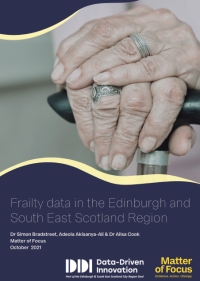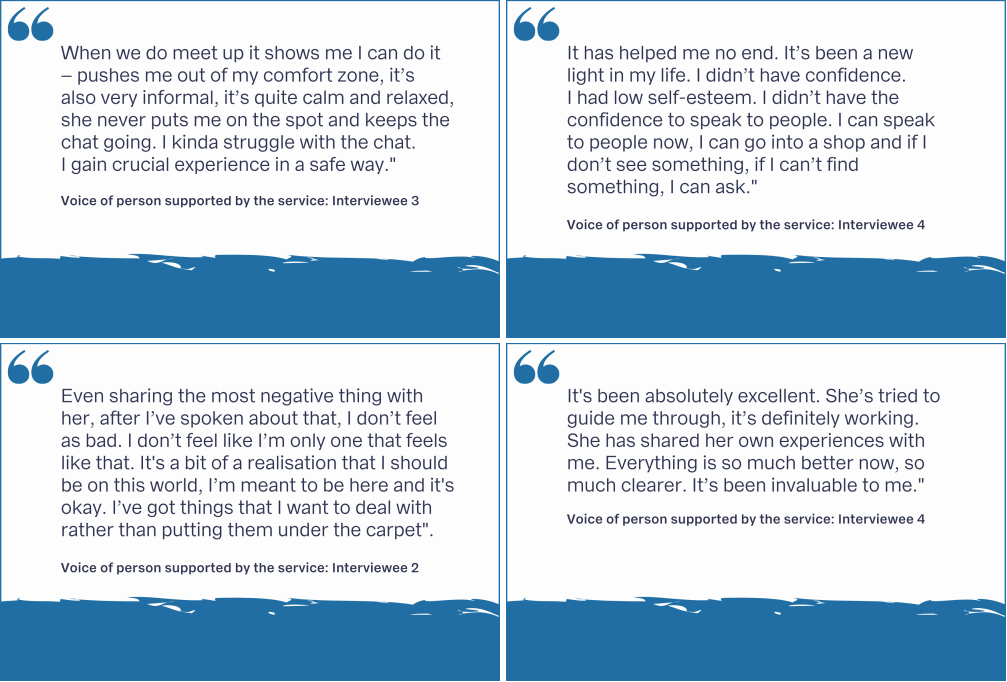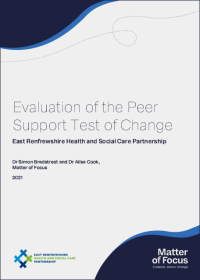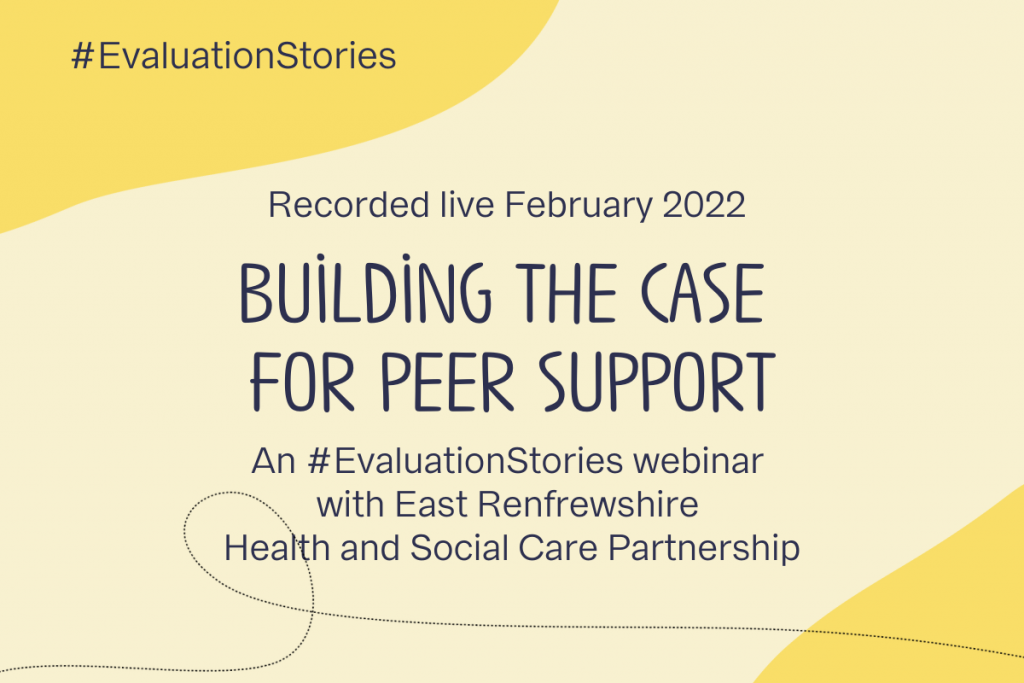
Frailty data in the Edinburgh and South East Scotland Region.
Produced by Matter of Focus for the Data Driven Innovation Programme (Health & Social Care)
Download pdfMatter of Focus completed a review of data systems and current pathways in health and care systems related to frailty. The review was commissioned in 2021 by the Data Driven Innovation (DDI) Hub at the University of Edinburgh and explored the use of frailty data in the six Health and Social Care Partnerships (HSCPs) in the Edinburgh and South East Scotland region. This formed one part of their work to connect relevant data systems and we are now delighted to share the findings of the review more widely.
The identification and management of “frailty” was identified as an initial regional priority by the Health and Social Care element of the DDI Programme (HSC DDI) and its partners. Matter of Focus was asked to undertake a review of relevant electronic systems across a region which includes six Health and Social Care Partnerships (HSCPs): Edinburgh, East Lothian, West Lothian, Midlothian, Borders and Fife. We were asked to focus on the identification and management of people who may be frail and also arrangements for sharing data. Findings were intended to inform the structure of a future frailty data in DataLoch.
Central to our approach was a collective process of engagement of the six HSCPs and their representatives, building on our expertise of delivering collaborative improvement programmes. We also used our own outcome planning software, OutNav, to capture information during and between the workshop sessions with representatives of the HSCPs and to create an outcome map describing the current and potential use of frailty data. In addition, we surveyed HSCPs and gathered case study examples of current best practice.
Through our stakeholder engagement we found a high degree of enthusiasm for collaborative working in this area and a strong desire to share best practices and to increase consistency in systems.
Amazing to find out how many people are involved in frailty in various ways and to make those links/connections to share good practice and ideas.
Workshop participant
Linked with this desire for consistency, we uncovered a high degree of diversity in systems across the HSCPs as well as within them. For example, we were made aware of up to eight standard tools that had been used in the region for the assessment of frailty.
By undertaking a context analysis we identified a broad set of factors which helped or hindered the more effective use of frailty data across the HSCPs. It was widely acknowledged that this is an especially complex domain of care where many statutory, voluntary and informal actors contribute to helping people manage frailty in all its forms. This makes data sharing and the analysis across disparate data sets more complex. As a result, partnership working and mutuality seem to be vital to building trust in relation to the better use of data.
By sharing examples of the successful use of frailty data across the region we were able to start the development of theory of change which articulated how improved use of frailty data could lead to improved outcomes for citizens and systems. This outcome map, developed through HSCP stakeholder engagement, offers an aspirational perspective on how things could be in relation to the use of frailty data. All of these steps and the resulting outcome map and pathways are described in more detail in the report.
The scene setting really helped to bring a large and diverse group together at the beginning. I learned (had it confirmed) that we are all dealing with frailty differently according to our organisational culture and the focus that we have been able to apply.
Workshop participant
Across our work at Matter of Focus we see often a lack of analytic capacity in hard pressed health and social care organisations, which was echoed here. There is a strong desire to make better use of data to improve systems and experiences but at the same time a concern around having the correct skills and capacity in place to do so. Despite this we report on strong examples of data being used to identify and stratify frailty at population level and to bring new insights about service delivery, personal outcomes and system efficiencies. Based on what we have seen, the potential to develop such approaches regionally (and more widely) is significant and is matched by a strong appetite for collaboration and shared learning. We hope to continue supporting collaboration and improvement in this vitally important aspect of the health and care system and I would be delighted to respond to enquiries or to hear your views on the report. Contact me at simon[at]matter-of-focus.com or via the contact us form.

Produced by Matter of Focus for the Data Driven Innovation Programme (Health & Social Care)
Download pdfThis evaluation is part of a growing body of work employing the Matter of Focus approach to evaluate peer support approaches where people with lived experience of mental health issues or addictions are trained and employed to support others in recovery.
The pilot project was set up with the aim of testing peer-based approaches with people already engaged with the Adult Community Mental Health and Alcohol and Drugs services, as part of a wider commitment within the East Renfrewshire Health and Social Care Partnership (HSCP) towards recovery-oriented approaches.
The service was delivered by the third sector organisation Penumbra – an existing client of ours – with work developed and delivered by a recovery team who aligned closely with wider statutory services.
This was the first formal peer-based service in the HSCP, where people with their own lived experience of recovery work closely with people using services as their peers. It was also the first service operating jointly across alcohol and drugs and mental health.
We were commissioned in 2020 to evaluate the pilot. Given the complexity of the pilot and the context in which the work was being undertaken, our unique theory-based approach to outcome mapping and evaluation, which is based on contribution analysis, is well-suited.
From the evidence, we concluded that the service had been carefully and inclusively developed. We were able to describe how the service offered something which was distinctive from and complementary to wider services in the area. It was also clear just how much the peer approach was experienced as different by people in receipt of it.
Building the case for peer support: an Evaluation Stories webinar with East Renfrewshire Health & Social Care Partnership.
Recorded live in February 2022, watch the recording here on our website.
We saw many examples of how the sharing of lived experience helped build trusting relationships and how this, in time, had given people the confidence to make new choices and to embrace opportunities. In some instances, people were able to make seemingly remarkable strides in their recovery during their time in the service.

It was also clear from the data that the peer workers were able and confident in their work and that Penumbra provided a supportive infrastructure for development.
Wider services had enthusiastically embraced this new service and we concluded that this was achieved in large part through a careful and collaborative approach to service design in the HSCP. In particular, service champions played an important part in establishing the credibility and wider awareness of the service within teams, leading to the service quickly reaching full capacity.
The report includes a number of recommendations to build on the success of the pilot, but we would like to highlight how struck we were by the considerable progress that was achieved in the face of the pandemic, which required all partners to adapt and develop their approach in ways which were never envisioned at the outset.
Our evaluation process is held within our software OutNav. A summary of the evaluation, including detailed description of the aims and methods, can be read within this live OutNav report.
Please be aware that OutNav reports are not viewable on small screens of hand-held devices.

Evaluation of the Peer Support Test of Change: East Renfrewshire Health and Social Care Partnership.
Download pdfThere is much to learn from this evaluation about the successful development of peer-based approaches and we are keen to disseminate learning as widely as possible.

In February 2022, we held a live webinar about this work, with guest Tracy Butler, Lead Planner of Recovery Services at East Renfrewshire Health & Social Care Partnership.
There is a great fit between the values and principles of peer-based approaches and our approach to outcome mapping and evaluation. If you are working in this area and would like to have a conversation to learn more, please do get in touch.
Alternatively, you can sign up to our mailing list if you would like to hear about further developments in our work in this area.